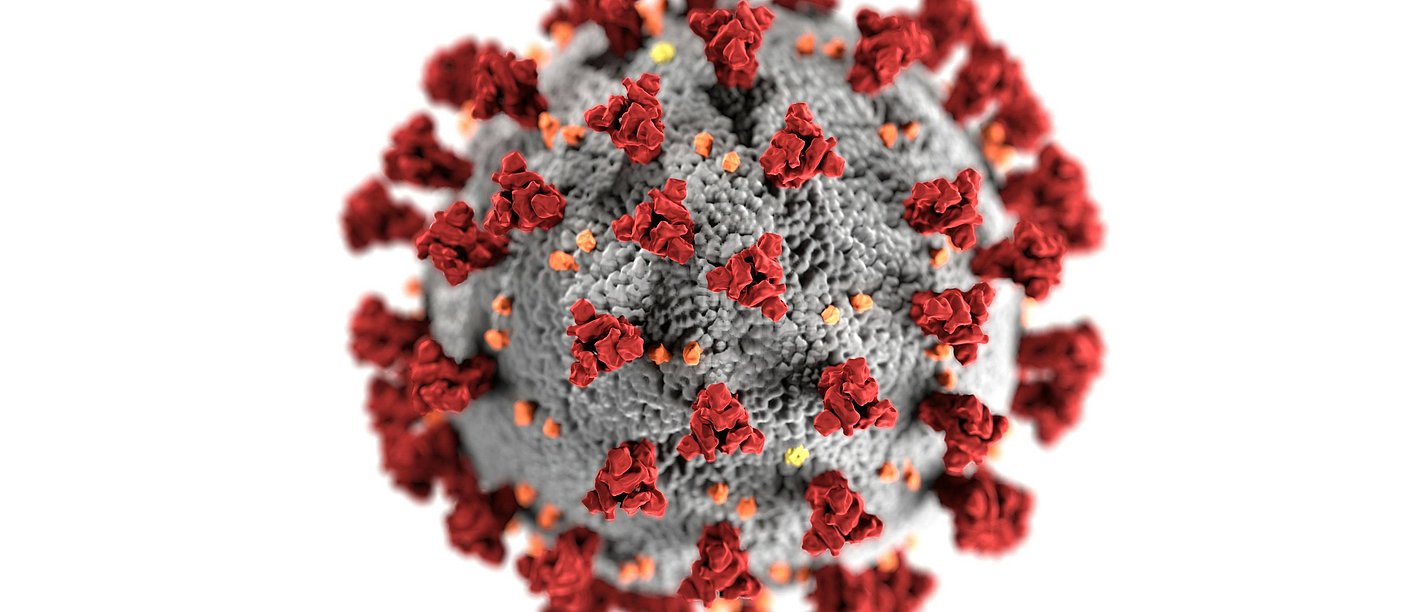Corona policy and democracy June 2025

The Covid-19 pandemic (2020 to 2023) presented the world with a previously unknown, potentially life-threatening challenge. National governments endeavoured to implement protective measures to save lives and safeguard the right to health. The pandemic in the sense of a global crisis is over. We are now in the phase of coming to terms with the crisis.
One starting point for this is the assessment of the coronavirus policy and the protective measures taken by governments during the Covid-19 pandemic, some of whose consequences are still having an impact today. People accepted and followed the measures so that lives could be successfully saved and protected.
Nevertheless, the corona policy:
- restricted fundamental rights (freedom of assembly, education, etc.),
- life courses interrupted (children, young people),
- promoted isolation (e.g. older people),
- exacerbated injustices in the performance of unpaid labour (women) and
- omitting political legitimisation (parliaments).
The event aims to examine the measures taken by politicians to combat the pandemic in terms of their impact on democracy. Thus, it follows the "Report on the work of the Interdisciplinary Commission for Pandemic Research of the German Research Foundation (DFG) 2020 to 2023". The conference will offer contributions from different scientific perspectives (economics, nursing science, philosophy, disability studies, sociology, literature), which will be lectured by a large number of guests. These include Burkhard Liebsch, Associate Professor at the Ruhr-University Bochum; Gesa Lindemann, Professor at the University of Oldenburg; Markus Dederich, Professor at the University of Cologne and Johannes Wally, from the University of Graz.
Participation is free of charge for everyone. The programme and details on the content can be found here.